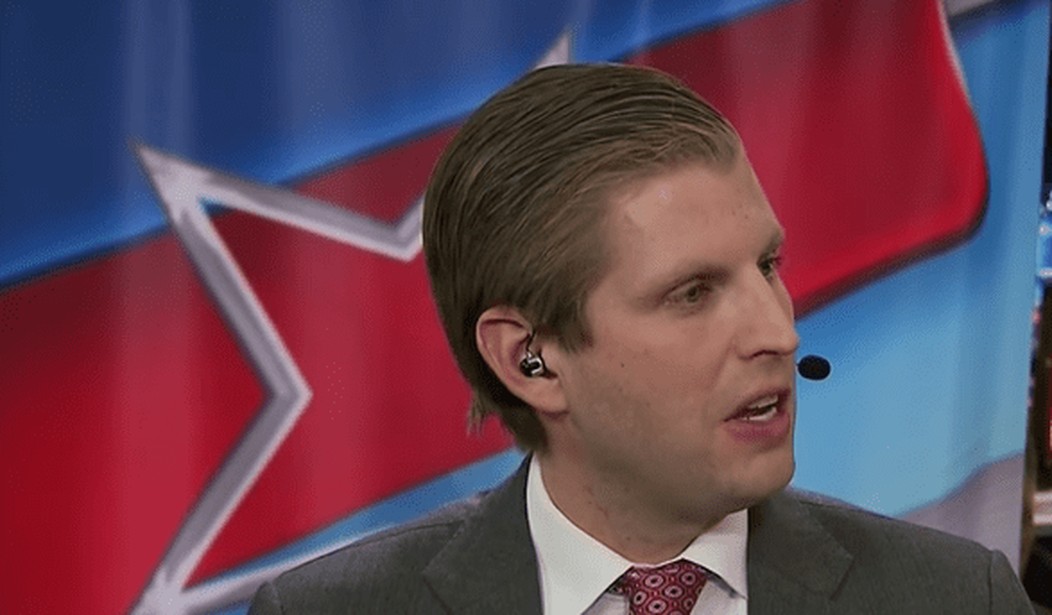New parents in general seem completely unaware of the longevity of parenthood—save concerns about college funds. But there are many more details to parenthood. Our surprise about these details sends us scrambling for the “trusted guide.” Some of us find advice from our elders, or in our family and community as one of our Parenting roundtables discussed recently, but many look for the expert.
Fellow parents, I’ll bet this sounds familiar: We face a gazillion apps and games claiming to be good for our kids. Yet we are peppered with headlines about why screen-based technology may be bad for them. What we need is a trusted guide. Where is our Dr. Spock of digital?
So opened a Slate article from late 2014 on kids and technology. Parenting is harder than we thought. American parents need expert opinions. We rely on it.
What the expert hunters quickly find, however, is there is an “expert” for everything, even contradictory things. And the original expert-deferring generation was that of our parents, which still defers to experts. Parents still have to use judgment to figure out which experts to trust. But again, lack of experience makes such assessments difficult. (And that is why the Mommy Wars exist. Mothers try to replace their own lack of expertise with popular endorsement—’most other moms do it my way.’)
Parents tend to go for a rubber stamp expert, one who promotes what the parents want to be true, or the credentialed expert. Often, the American Academy of Pediatrics is both.
The AAP has the credentials — and a history of bowing to public pressure. Remember the ritual nick debacle? Outcry had the AAP pull the recommendation a few days later. That is the extreme example. Just a few weeks ago, the AAP announced more lenient guidelines for kids and screen time to reflect modern habits. As Naomi Schaffer Riley put it elsewhere, the AAP folded like a cheap suit.
These new screen time recommendations, which pull back from the no-screen-time-before-two-years-old recommendation, accommodate kids’ viewing habits so that parents don’t feel guilty.
But is that what we want, experts to rubber stamp our mistakes? I’ve had many discussions, online and off, about kids and screen time. The experienced moms recommend holding off as long as you can, that it is far easier to delay screen time than to stop it. Yes, this gets harder with later children, especially since delayed childbearing norms often mean that we have children very close together. It is harder to delay with the 18-month-old second child when her 3 1/2 year old brother is already allowed an afternoon cartoon.
Yet the fact that the two year limitation is hard does not mean it wasn’t the right rule. And if the AAP is going to change recommendations to conform to popular practice, then it will be hard for them to remain the trusted expert.









Join the conversation as a VIP Member